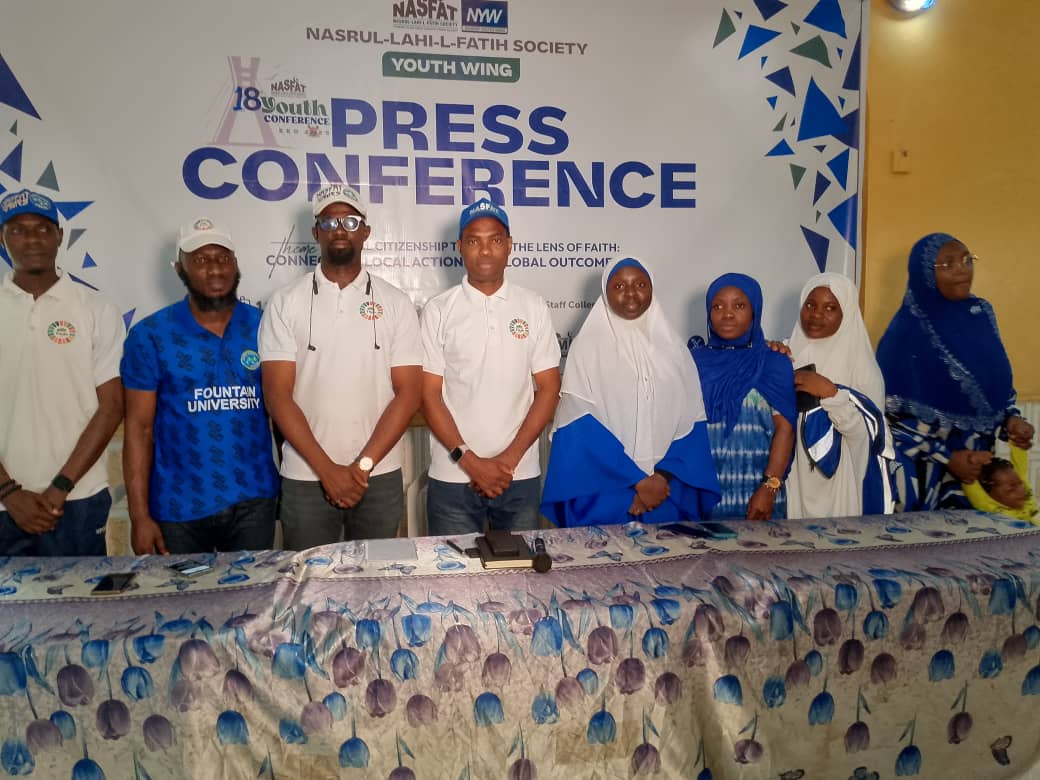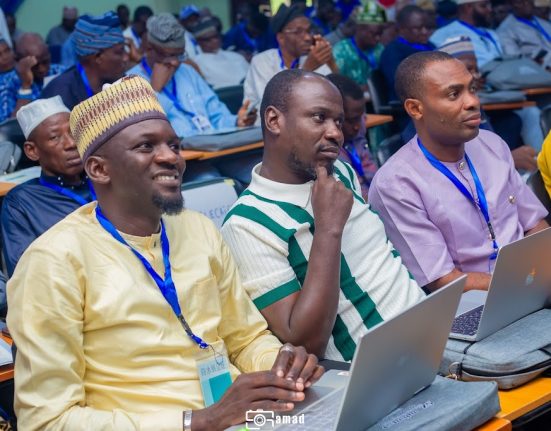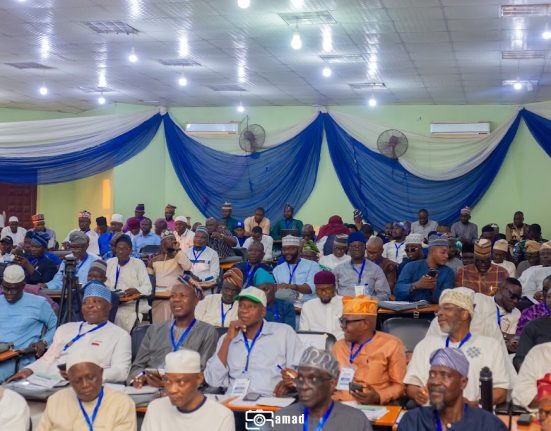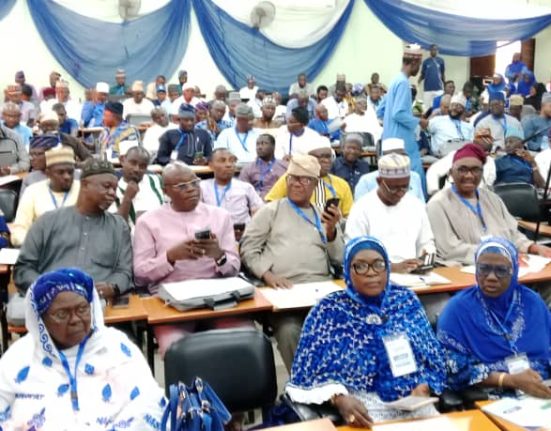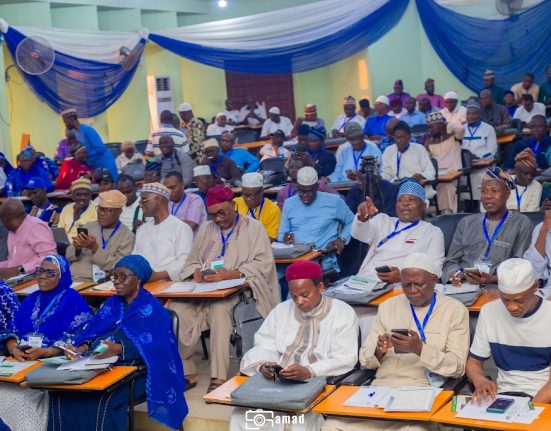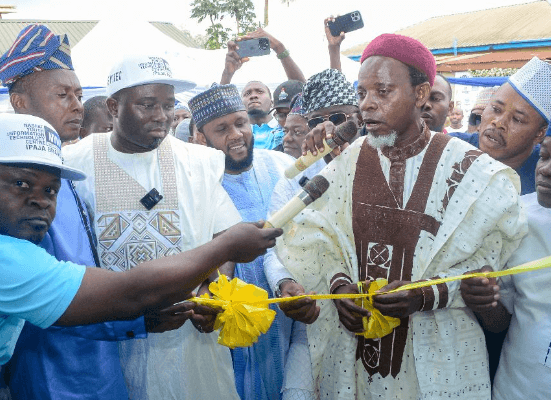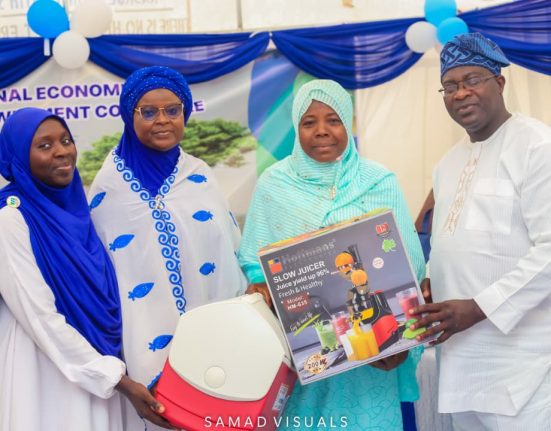Lagos, Nigeria – June 11, 2025 — The Youth Wing of Nasrul-Lahi-L-Fatih Society (NASFAT), one of Nigeria’s most prominent Islamic organizations, is set to convene its 18th Annual Youth Conference this week, with a bold agenda that ties local development to global sustainability, all through the prism of Islamic values.
Slated for June 13–15 at the Administrative Staff College of Nigeria (ASCON), the event will unite hundreds of young Muslims from Nigeria and the diaspora under the theme “Global Citizenship Through the Lens of Faith: Connecting Local Actions to Global Outcomes.”
At a press conference held in Lagos ahead of the conference, NASFAT Youth Secretary Brother Tajudeen Olasupo laid out a sweeping vision of faith-aligned development, touching on food security, youth employment, environmental justice, and gender inclusion.
“We are training youth in soilless farming and teaching them to protect the land, not because it’s trendy, but because it’s Islamic,” Olasupo said. “We’re connecting Lagos to Jakarta, Kano to Karachi. This is what faith-fueled global citizenship looks like.”
The three-day gathering is expected to feature high-impact training programs, including sustainable agriculture workshops, climate action projects, and leadership circles for young men and women.
Ummulkhayr Adeleke, the National Youth Amirah, said the event represents more than a spiritual or cultural gathering, it’s a launchpad for Muslim youth to align with the UN’s Sustainable Development Goals (SDGs).
“We are raising a generation that knows how to pray and plant, recite and recycle,” Adeleke said. “Faith and development are not mutually exclusive. They are mutually reinforcing.”
The NASFAT Youth Conference has grown into one of the largest youth-led Islamic events in West Africa, drawing participants from across the region and beyond. The 2025 edition is expected to be particularly significant, with panels and workshops designed to mobilize youth for both local impact and global engagement.
The event underscores a broader trend among faith-based organizations in Nigeria and elsewhere, integrating spiritual identity with civic responsibility, and leveraging religious platforms to address climate change, unemployment, and social cohesion.
As Adeleke put it, “This is not just about young Muslims gathering. This is about preparing a generation of ethical, visionary global citizens, unapologetically rooted in faith.”

